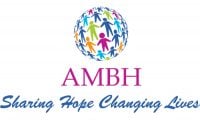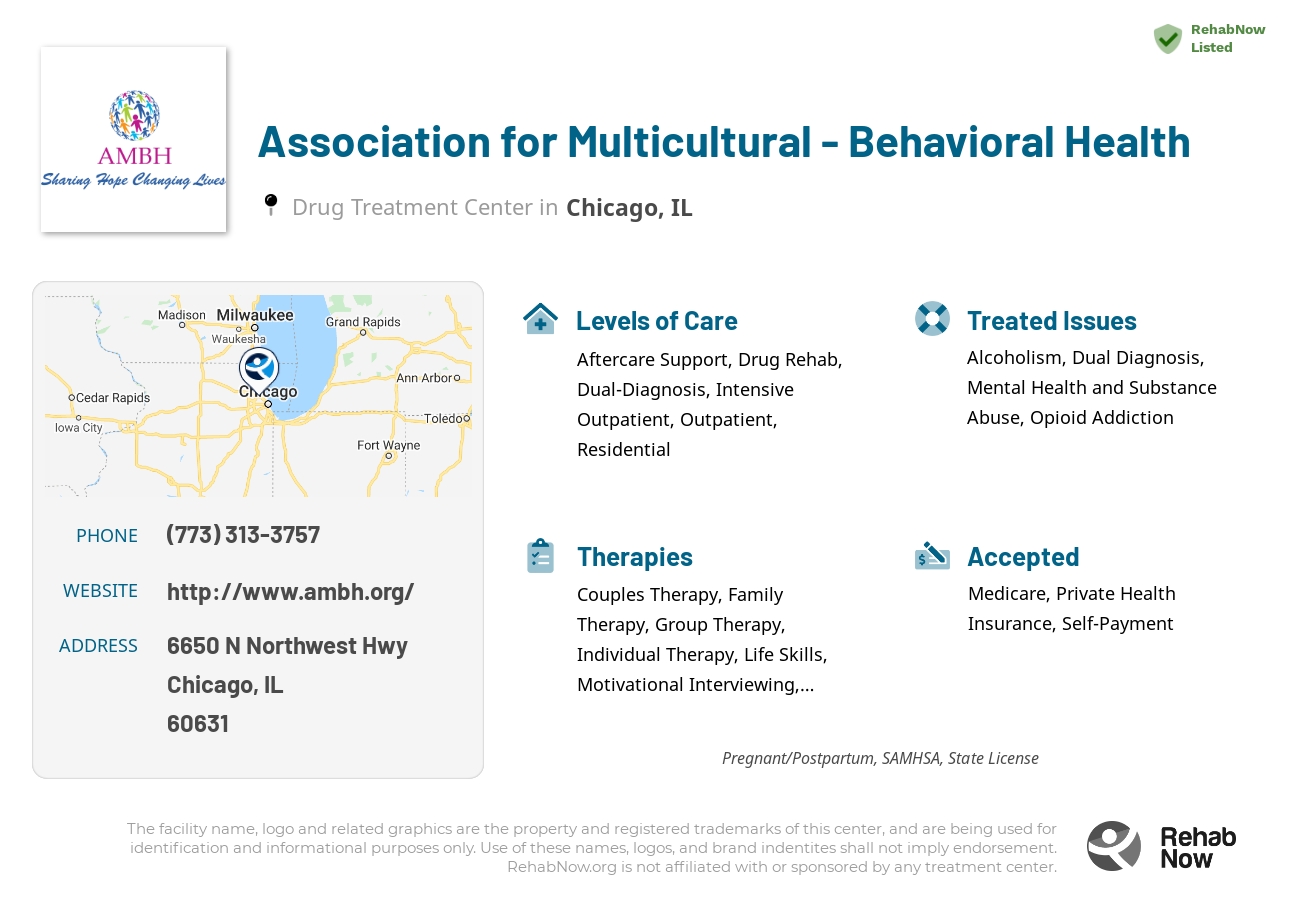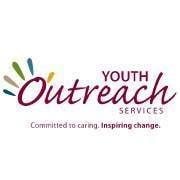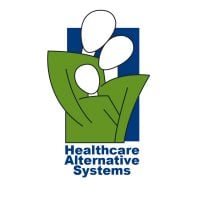
Association for Multicultural - Behavioral Health
Drug Rehab Center in Chicago, Illinois
- Opioid Addiction
- Dual Diagnosis
- Drug Addiction
- Alcoholism
The Association for Multicultural - Behavioral Health in Chicago provides comprehensive services to promote the mental and physical health of individuals dealing with addiction and substance abuse, including evidence-based interventions and treatment approaches tailored to the individual's cultural context.
About This Chicago, IL Facility
The Association for Multicultural – Behavioral Health (AMCH) is a community health center located in Chicago, Illinois that is dedicated to improving the well-being and mental health of its diverse population. AMCH provides a range of services to promote and develop the mental and physical health of those dealing with addiction and substance abuse. These services include counseling, therapy, case management, and community support system development.
At AMCH, individuals facing substance abuse issues receive comprehensive services designed to meet their needs. These services include evidence-based interventions and treatment approaches that are tailored to the individual’s background and cultural context. Furthermore, AMCH provides support for individuals throughout the recovery process, including providing them with resources to transition back into their daily lives. These services include life skills development, job readiness, and relapse prevention.
AMCH is accredited by the Joint Commission on Accreditation of Healthcare Organizations and is recognized as a Level 1 Certified State Opioid Treatment Program by the Illinois Department of Human Services. Additionally, AMCH offers a variety of specialized services for all ages, such as trauma-informed compassionate care for those with co-occurring disorders, child and family-centered therapy, and recovery coaching. AMCH also provides culturally-sensitive interventions and translations services in multiple languages.
Genders
Ages
Modality
Additional
Accreditations
State License
SAMHSA
Conditions and Issues Treated
Opioid addiction treatment facilities in Illinois, like Association for Multicultural - Behavioral Health cover both illegal and prescription opioids abuse. Most plans include detoxification and subsequent medications to ease the process. Behavioral therapies and counseling are also necessary to resolve the root cause of addiction.
When someone in Illinois struggles with both addiction and mental or emotional illness, this is considered a dual diagnosis. Dual diagnosis treatment can include emotional trauma, bipolar disorder, schizophrenia, depression. Getting treatment for these issues must occur at the same time to treat either of them effectively.
Levels of Care Offered
This center offers a variety of custom treatment tailored to individual recovery. Currently available are Aftercare Support, Drug Rehab, Dual-Diagnosis, Intensive Outpatient, Outpatient, Residential, with additional therapies available as listed below.
An intensive outpatient treatment program is set up for those struggling with an addiction to begin the recovery process. Patients come to Chicago, IL to Association for Multicultural - Behavioral Health for therapy, support, programs, and medical supervision. Intensive outpatient treatment is often very tightly scheduled and heavily structured.
Residential treatment programs are those that offer housing and meals in addition to substance abuse treatment. Rehab facilities that offer residential treatment allow patients to focus solely on recovery, in an environment totally separate from their lives. Some rehab centers specialize in short-term residential treatment (a few days to a week or two), while others solely provide treatment on a long-term basis (several weeks to months). Some offer both, and tailor treatment to the patient’s individual requirements.
Treatment for substance abuse does not cease after an individual successfully completes a detox or rehabilitation program. A vital follow-up treatment service is aftercare support provided to individuals at Association for Multicultural - Behavioral Health in Illinois after they attain initial sobriety.
Aftercare support often takes the following forms: 12-Step Programs, Outpatient Treatment Programs, and Support Groups. The most effective aftercare programs are tailored to meet an individual’s specific needs and circumstances.
Association for Multicultural - Behavioral Health‘s Therapies & Programs
Treatment programs include individual therapy for the greatest chances of success. Customized individual therapy is counseling involving you and your Association for Multicultural - Behavioral Health counselor. Individual therapy leads to greater peace and understanding about your triggers for addiction.
Spousal relationships bear the brunt of alcohol and drug dependence. It becomes critical to submit the relationship to couples therapy to prevent straining it further. Some facilities like Association for Multicultural - Behavioral Health in Chicago, IL offer couples therapy options to manage intimate partnerships amid the recovery process. Other couples-focused treatment plans can provide the patient and their partner tools to get things back to normal.
When family members are more proactive and involved in the treatment procedure, it encourages the patient to advance his or her progress. Moreover, it shouldn’t be ignored that genetics play a role when it comes to addiction, so it’s better to approach the problem as a unit. Also, with proper education, family members can help an individual avoid addiction triggers and guide him or her in making lifestyle changes necessary for his or her sobriety.
It has been said that unhealed trauma is the root of most addictions. Trauma therapy is a way of addressing trauma while in a safe situation in order to heal. Healing past traumas and introducing coping strategies are strong foundations for sustained recovery from addiction. This may involve individual or group counseling or both, in a Chicago, IL facility. Other forms of therapy have been proven to assist in healing past traumas.
Cognitive Behavioral Therapy (CBT) is a type of psychotherapy that focuses on the underlying thoughts and behaviors that caused the problem of addiction in the first place and may cause a relapse. Negative feelings are common in substance abuse disorders, and if not recognized, they can cause co-occurring disorders.
CBT involves strategies that help to change the thinking and behavioral pattern by cognitive restructuring. In simple terms, it helps to remove negative thoughts and provides long-term benefits. Also, CBT promotes self-awareness, self-control, and healthy ways to respond to negative thoughts. It can be administered as a mono-therapy as well as a part of combination therapy.
In the midst of an addiction certain healthy habits and behaviors can be forgotten or discarded altogether. While in treatment you will learn life skills that will help you successfully maintain sobriety and rebuild your life in Chicago, IL. Some examples of this are time management, social skills, nutrition, hygiene, stress management and taking care of yourself.
Payment Options Accepted
For specific insurance or payment methods please contact us.
Is your insurance accepted?
Ask an expert, call (888) 674-0062
Additional Details
Specifics, location, and helpful extra information.
Chicago, Illinois 60631 Phone Number(773) 313-3757 Meta DetailsUpdated November 25, 2023
Staff Verified
Patient Reviews
There are no reviews yet. Be the first one to write one.
Chicago, Illinois Addiction Information
In 2016, more than 2,350 Illinoisans died from drug overdoses. More than 5,500 deaths annually occur in Illinois due to the abuse of alcohol and other drugs. 7.17% of Illinois residents reported using illicit drugs in the past month (2018). Substance abuse costs the state approximately $3.5 billion every year.
Drug misuse can lead to other serious health problems, including HIV/AIDS or hepatitis C infection and liver disease. Chicago's main drugs of abuse include heroin, cocaine, and methamphetamine. Field sobriety tests can be used to determine if someone is driving under the influence of drugs or alcohol. There are about 872 drug treatment centers in the city, and the number of people seeking help for addiction continues to rise.
Treatment in Nearby Cities
- Oak Park, IL (8.2 mi.)
- Lombard, IL (13.0 mi.)
- Lincoln, IL (151.5 mi.)
- Moline, IL (143.5 mi.)
- Irving, IL (210.6 mi.)
Centers near Association for Multicultural - Behavioral Health



The facility name, logo and brand are the property and registered trademarks of Association for Multicultural - Behavioral Health, and are being used for identification and informational purposes only. Use of these names, logos and brands shall not imply endorsement. RehabNow.org is not affiliated with or sponsored by Association for Multicultural - Behavioral Health.





